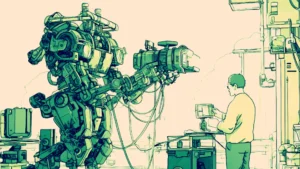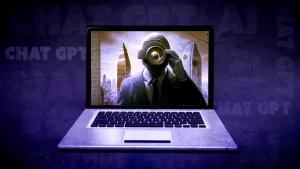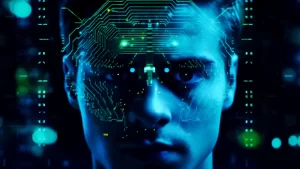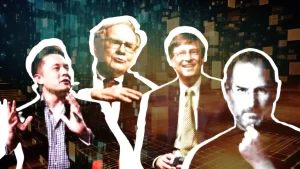
Prominent figures, including Sundar Pichai of Google, have endorsed the idea of giving every student access to powerful A.I. tutors. The development of generative A.I. tools like ChatGPT, which can provide answers to questions and generate human-like text, has fueled the interest in automated instruction. Online learning platforms like Khan Academy and Duolingo have introduced A.I. chatbot tutors based on large language models such as GPT-4.
The growing enthusiasm for the use of AI chatbots in education
Sal Khan, CEO of Khan Academy, and other tech executives predict that AI chatbots could revolutionize education. They believe that AI-powered personal tutors could provide individualized instruction to students, closing achievement gaps and offering learning opportunities 24/7. However, some education researchers and critics caution against the hype, emphasizing the lack of evidence supporting the transformative effects of AI chatbots in education.
Potential Benefits:
AI chatbots, based on advanced language models like GPT-4, are being integrated into online learning platforms like Khan Academy and Duolingo as personalized tutors.
Proponents believe that AI chatbots could offer 24/7 personalized tutoring to students, helping them learn at their own pace and overcome individual challenges.
Concerns and Criticisms:
Critics argue that AI chatbots may provide inaccurate information and could be unreliable, potentially feeding students false information.
There are concerns about bias in AI systems and their opaqueness, as the inner workings of chatbots may not be fully understood by teachers and students. Some worry about the potential harm on student learning.
Education researchers and critics caution against the hype surrounding A.I.-assisted instruction. Concerns include the potential for A.I. chatbots to provide inaccurate information, introduce biases, lack transparency in their decision-making processes, and compromise student privacy. There are also worries that the focus on unproven A.I. chatbots could divert attention from traditional, human-centered interventions that have proven success in improving student outcomes.
Concerns also include privacy issues, intellectual property concerns, and the possibility of using student data for business purposes.
Education researchers and experts urge schools to be cautious and not overlook traditional, human-centered interventions that have proven to increase student graduation rates and college attendance. They emphasize the need for evidence supporting the effectiveness of AI chatbots in education.
Privacy and Intellectual Property Issues:
Privacy concerns are raised, particularly regarding the use of materials input by educators and comments made by students, which could be utilized for business purposes by AI companies.
The use of large language models trained on scraped internet data raises questions about fair compensation for content creators and concerns about intellectual property.
The use of scraped internet data to train large language models, potential labor compensation concerns for educators, and the possibility of A.I. companies using input from educators and students for business purposes. Efforts are underway to regulate A.I. tools in education to ensure fairness and safety.
Despite this enthusiasm, skeptics argue that evidence supporting the positive effects of A.I. chatbots in education is currently lacking.
Notable examples of A.I. tutoring services
Khan Academy’s Khanmigo. Khan Academy has already introduced an AI chatbot named Khanmigo for school use, designed to help students think through problems in various subjects.
Government Involvement
The White House has also expressed interest in leveraging AI’s potential to transform education, directing resources toward supporting educators deploying AI-enabled educational tools.
Former Tech Executives in Education:
This isn’t the first time automated teaching tools have been championed, with historical examples like teaching machines in the 1960s. The current narrative around AI chatbots echoes both potential transformation and potential harm, with some tech executives entering the education sector to develop AI tutoring services.
The vision of tutoring bots involves a future where A.I. can analyze a student’s voice, facial expression, and surroundings to provide personalized instruction. There are predictions that within five years, AI chatbots could achieve similar capabilities with privacy and safety precautions.










